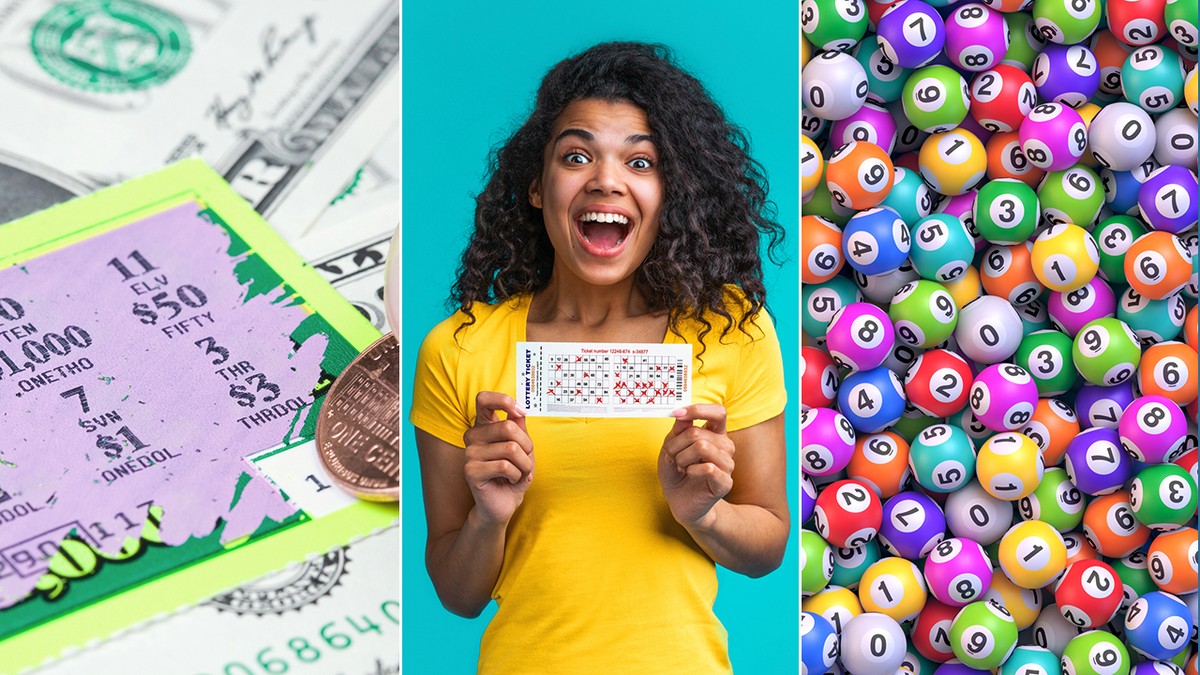In the tapestry of human desires, few threads are as lustrous and enigmatic as the allure of the lottery. For centuries, lotteries have captured the imaginations and hopes of millions, weaving a narrative of potential wealth and transformative success. While the concept of chance has been around for millennia, the modern lottery is a fascinating intersection of chance, economics, and psychology togel macau. Let’s unravel the fabric of this global phenomenon and explore its various dimensions.
The Historical Roots of Luck
The origins of lotteries can be traced back to ancient civilizations. Early records show that the Chinese Han Dynasty used lottery-like games as a means of funding major government projects around 205-187 BC. These early games were less about instant riches and more about a societal mechanism for generating revenue.
As time passed, the concept evolved. In the 15th century, European lotteries were used for public works and charitable purposes. It wasn’t until the 20th century, however, that the modern lottery began to take shape. With the rise of state-sponsored lotteries, they became a crucial revenue stream for governments, funding everything from education to infrastructure projects.
The Mechanics of Chance
At its core, a lottery is a game of chance. Participants buy tickets, and the winning numbers are drawn at random. While this simplicity is part of the lottery’s charm, it also invites a myriad of questions about fairness and odds.
Each lottery has its own set of rules and odds, which can range from relatively easy-to-win local games to the multi-billion-dollar jackpots of international lotteries like Powerball and Mega Millions. The odds of winning are incredibly slim, often compared to being struck by lightning. Yet, this very improbability fuels the fantasy and hope that drives millions to participate.
Psychological Pull: Dreams of Wealth and Transformation
The psychological allure of the lottery is profound. The very nature of the game plays on our dreams and desires. The promise of instant wealth taps into the universal longing for a better life, unburdened by financial constraints. For many, a lottery ticket represents a small, affordable investment in a dream of unimaginable change.
Interestingly, psychological research has shown that the act of purchasing a lottery ticket can induce a sense of optimism and excitement, often termed the “lottery illusion.” Even when the chances of winning are astronomically low, the anticipation of a potential life-altering win can provide a temporary but powerful boost to one’s mood.
Economic Implications: A Double-Edged Sword
Economically, lotteries have a dual nature. On one hand, they generate substantial revenue for governments and charities. This money often supports public services, including education and healthcare. In this light, lotteries can be seen as a benign form of taxation that provides a sense of contribution to a greater good.
On the other hand, the economic impact on individuals, particularly those from lower socioeconomic backgrounds, can be detrimental. Studies have found that lottery participation is disproportionately high among poorer communities. This can lead to financial strain and a false hope of escaping poverty, perpetuating a cycle of economic hardship.
The Social Fabric of Lottery Culture
Lotteries are not just a financial gamble; they are a cultural phenomenon. They are woven into the social fabric of many societies, often celebrated with great enthusiasm. From elaborate televised draws to community pool games, lotteries have a unique place in collective consciousness.
In some regions, winning the lottery is a celebrated event, leading to media frenzy and public fascination. In others, the stigma of sudden wealth and its potential pitfalls might overshadow the initial excitement. Regardless, the communal experience of participating in a lottery, whether as a casual player or a fervent enthusiast, reflects a shared cultural investment in hope and possibility.
The Future of Lotteries: Digital Transformations and Ethical Considerations
As technology advances, so too does the lottery landscape. Digital platforms have revolutionized the way lotteries operate, making participation more accessible and global. Online ticket sales and mobile apps have expanded the reach of lotteries, enabling a broader audience to engage with the game.
However, this digital shift also raises ethical and regulatory questions. The ease of access can lead to increased gambling problems, particularly among vulnerable populations. Striking a balance between innovation and responsible gaming practices will be crucial in shaping the future of lotteries.
